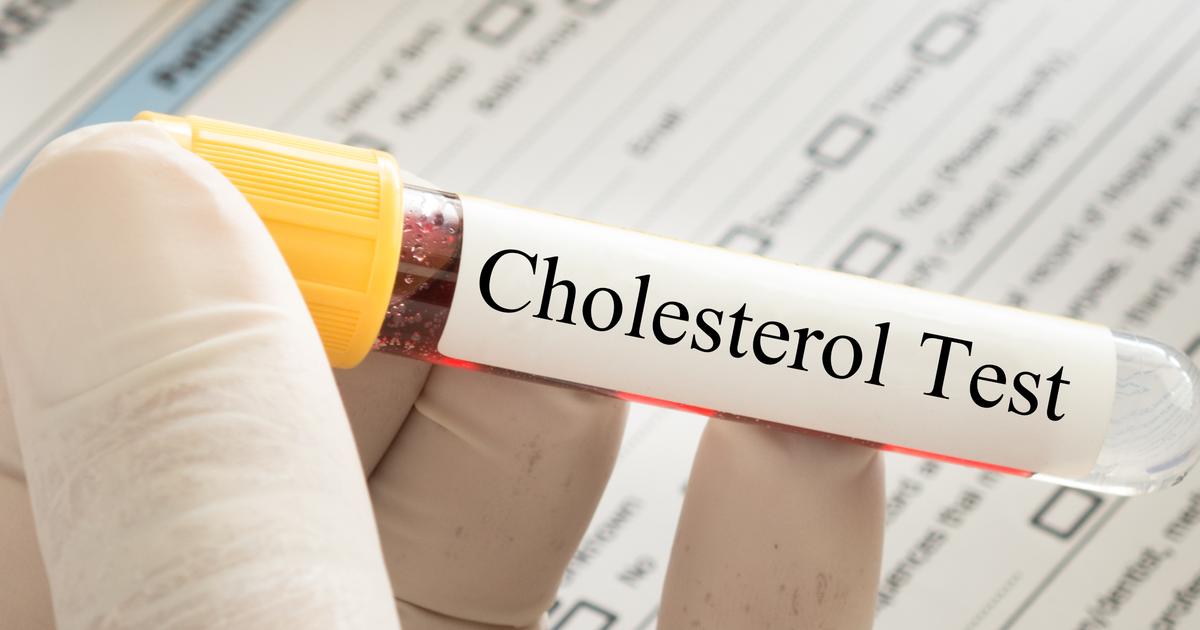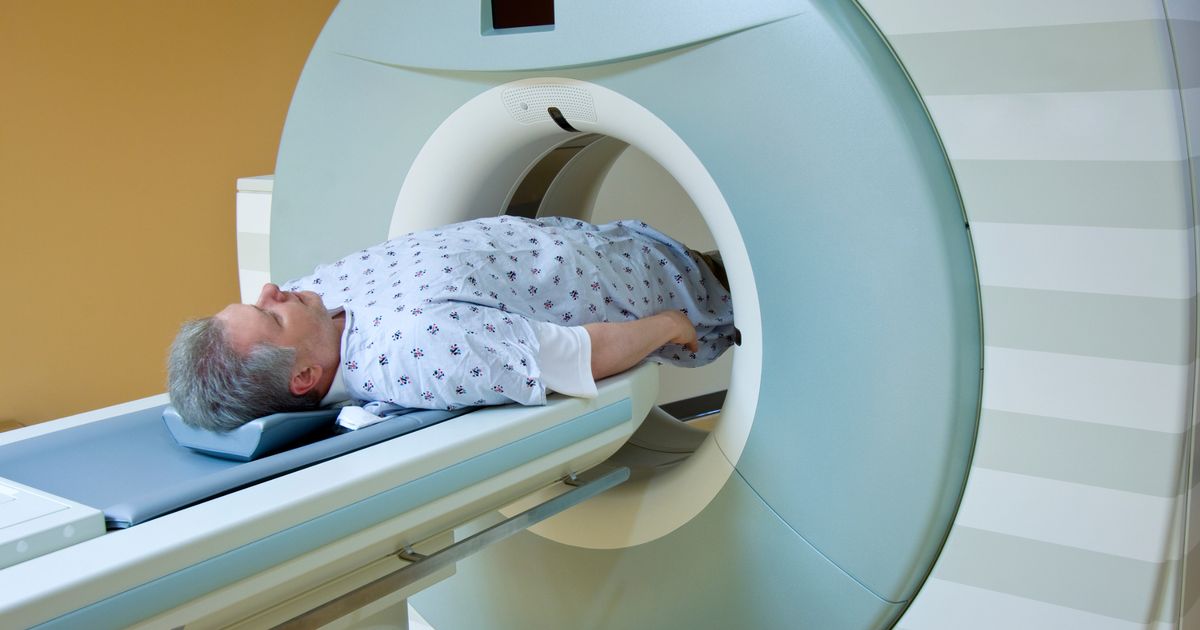Overview Of Prostate Cancer
Preventing Prostate Cancer

While many factors that cause an individual to be at an increased risk of developing prostate cancer cannot be changed, others are within an individual's control. An individual who is not a healthy weight can exercise regularly and eat fewer calories to obtain a healthy weight to reduce their risk of developing prostate cancer. They can also decrease their risk if they limit their intake of fats that come from dairy products and red meats. An individual who wants to help prevent or delay the development of prostate cancer can refrain from engaging in harmful behaviors like smoking cigarettes and excessively consuming alcoholic beverages. Prostate cancer is less likely to occur in individuals who keep their pre-existing conditions under control, such as high cholesterol, diabetes, depression, stress, and high blood pressure. An individual who wants to decrease their risk of developing malignancy in their prostate gland can avoid the over-supplementation of megavitamins and calcium.
Treatment

Catching prostate cancer in its early stages is the best way to treat the disease. Thus, most doctors will recommend regular cancer screenings, not just for prostate cancer, particularly for patients over fifty and for those at an increased risk (e.g., those with a family history of cancer). A doctor may refer their patient to a urologist if signs of prostate cancer are present. Once diagnosed with prostate cancer, the urologist will often send the patient to an oncologist to begin radiation therapy. A biopsy may also be necessary to determine the grade of cancer present. Other tests doctors may perform include bone scans, ultrasounds, CT scans, MRIs, and PET scans.
These tests help doctors determine how to proceed with treatment, which typically includes elements such as radiation therapy, hormone therapy, surgery, freezing prostate cancer, chemotherapy, catheters, and biological therapy. Patients will often also be taking specific medication to help treat their cancer. Doctors will also regularly revisit the tests they previously performed and test patients regularly to monitor the effectiveness of treatment and the progression (or lack thereof) of the disease.
